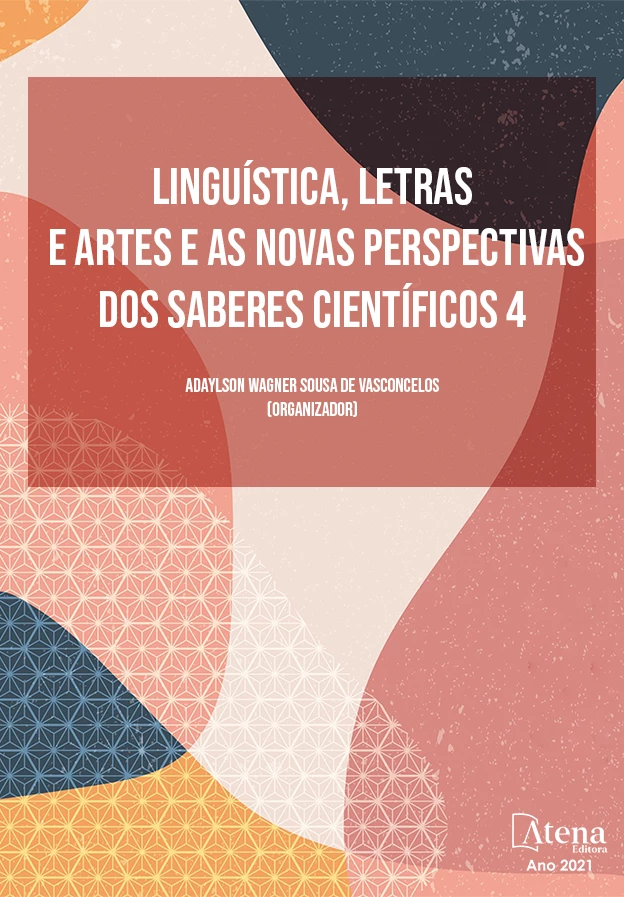
Um gesto de cortesia: com licença...
Pesquisa de atitudes em situação real: pedir licença para passar e os resultados que, a partir deles, se pode indicar para situações de ensino de português L2. Numa estação tubo em Curitiba, alunos se postavam em grupo, interrompendo o fluxo das pessoas que queriam sair (também dentro dos ônibus, impedindo o desembarque). Foram anotadas todas as variantes de “com licença” e também os gestos e atitudes — da verbalização até gestos sinalizando o desejo de sair — ainda que grosseiras (sobretudo quando alunas impediam um homem de passar). O resultado mostrou o processo de gramaticalização de “com licença”, chegando à redução fonética [s]. “Cença” já se registrara, para Portugal, por professor alemão, em 1980. Quanto a pedir desculpas, na cultura luso-brasileira, “desculpe” é o mais empregado, diferentemente do que ocorre em outras línguas. Isso pode constituir um entrave à comunicação, tanto para brasileiros que aprendem outra língua (usar “excuse me” ou “sorry”; ou “excusez-moi” ou “pardon”?), quanto para estrangeiros que aprendem português. Outras expressões que apresentam problemas são aquelas que só adquirem sentido em contextos reais de uso: “obrigado” com sentido negativo; “com licença” e “com o perdão de X”, para falar de assuntos tabus e salvar a face.
Um gesto de cortesia: com licença...
-
DOI: 10.22533/at.ed.78621080310
-
Palavras-chave: Gramaticalização. Polidez. Com licença/ obrigado/ desculpe.
-
Keywords: Com licença/ obrigado/ desculpe. Politeness. Grammaticalization.
-
Abstract:
Research regarding attitudes in a real situation: to say “com licença” when passing through and the results that, and its application to the teaching of Portuguese as a second language. In a bus stop in Curitiba, students would stand in groups and block the passage of people that wanted to get into the bus (they would also stand inside, and block the passage of those wanting to exit). All of the different ways to ask permission to pass were jotted down, as well as gestures and attitudes — from words to gestures signalizing the will to pass —, including the unpolite ones (that occurred especially when female students blocked the way of men). The result showed the grammaticalization of “com licença”, all the way to the phonetic reduction [s]. “Cença” was a form already registered by a german teacher in Portugal, during the 1980s. Regarding apologizing, in the luso-brazilian culture, “desculpe” is the most used, differently from other languages. This can become a problem in communication, not only for Brazilians that want to learn a different language (when to say “excuse me” or “I’m sorry”; or “escusez-moi” or “pardon”?), but also for foreigners that want to learn Portuguese. The expressions that only get its meaning in real context are also a problem: “obrigado” can have a negative meaning; “com licença” e “com o perdão de X”, to talk about taboos and faces’ preservation.
-
Número de páginas: 15
- Edson Domingos Fagundes
- Odete Pereira da Silva Menon
- Igor Ferreira Strogenski


